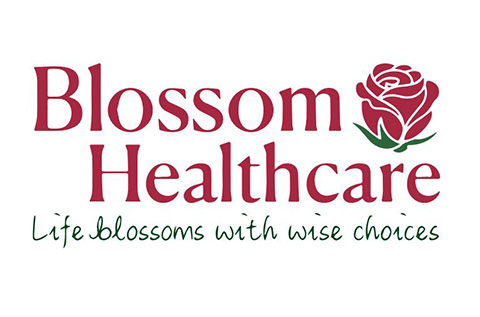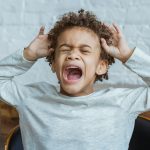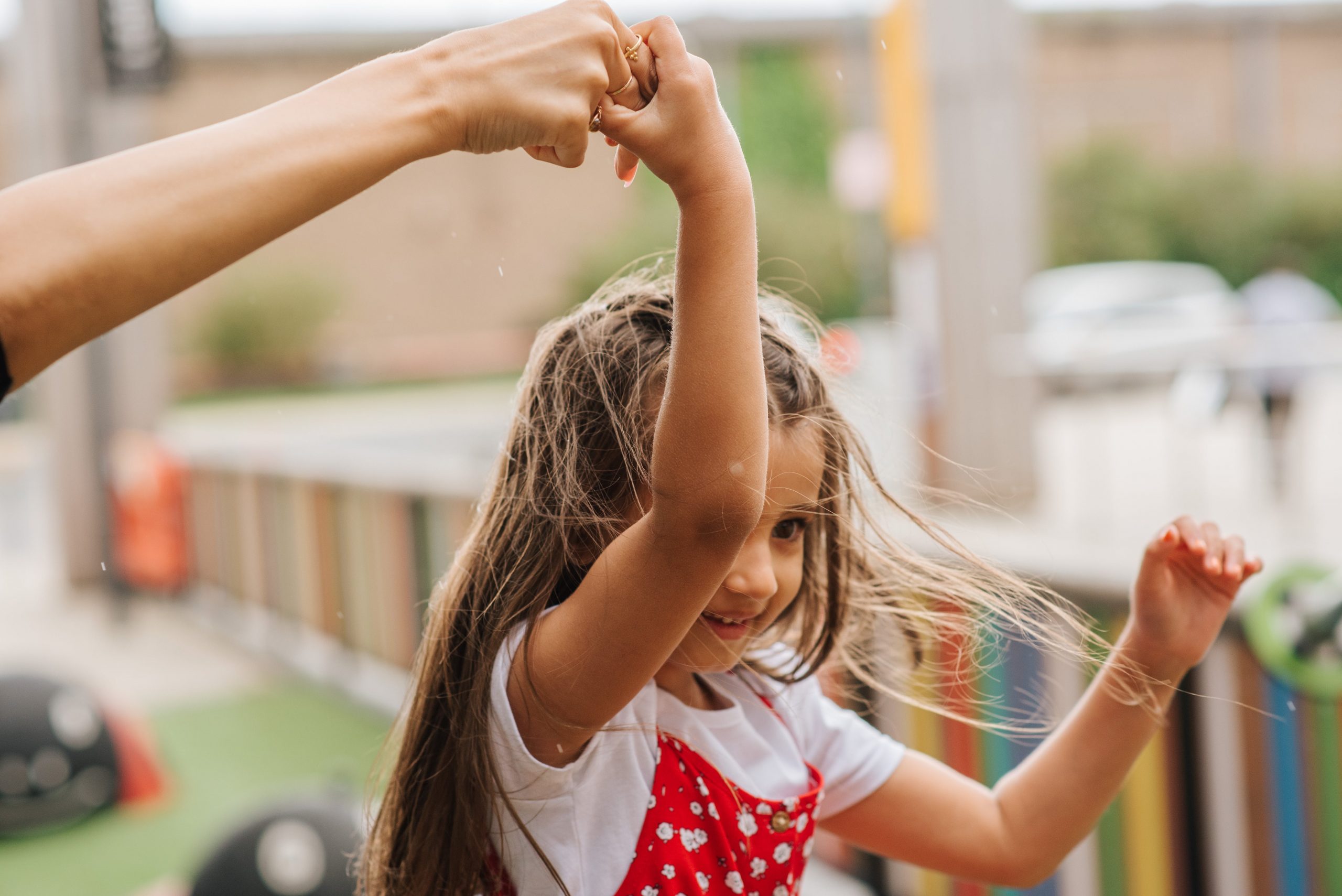The neglect of parents will certainly cause psychological trauma to kids. However, parents could also unconsciously lean towards the other extreme: Caring too much, worrying about their kids’ every necessity, school and extra-curricular activity, etc. This will likely unease the kids. Why is it not the case for kids to feel more secure as their parents become more attentive and considerate?
Nature shapes the human brain. From the moment we are born, we are constantly trying to understand how the world works. The more we know about our surrounding environment, the more we can increase our chances of survival. Knowing what is dangerous is especially important for survival. At a young age, when our lives are the most fragile, we are even more desperate to check for potential dangers around us. When children understand the world, they do not rely on language at first, but watch and listen to distinguish safety and danger. Children, in particular, understand and respond to the world through the reactions of their parents. In the minds of children, if parents speak in a high pitch, move quickly, tense their faces, and widen their eyes, it means danger is present. On the contrary, the parents speaking softly, acting slowly, relaxing facial muscles, and smiling all convey safety.
In addition, children have a natural tendency to doubt what their parents impart to them about their surroundings: “Are you adults tricking me?” When what the parents say does not match what the children observe and feel, the children will naturally tend to believe their own feelings rather than their parents.
Regarding parents, children always follow the rule of “show not tell” when observing.
When the parents detect anxiety in their children, if they choose to panic and yell, “DO NOT FEAR! DO NOT FEAR!” The message the children receive would be “DANGER! DANGER!” and thus they become even more anxious.
In daily life, parents are too nervous on matters regarding their children. Whether it is eating, dressing, wiping their mouths, or grooming, the parents will exclaim constant reminders to their children or even rush to do the work for them. The likely result is for the children to feel danger surrounding them throughout daily life.
In simple words: Parents panic, kids panic; Parents be calm, kids be calm.
Written by: Dr. William Chui
Originally posted on: HKEJ Health
Translated by: Cheuk Long Chan






